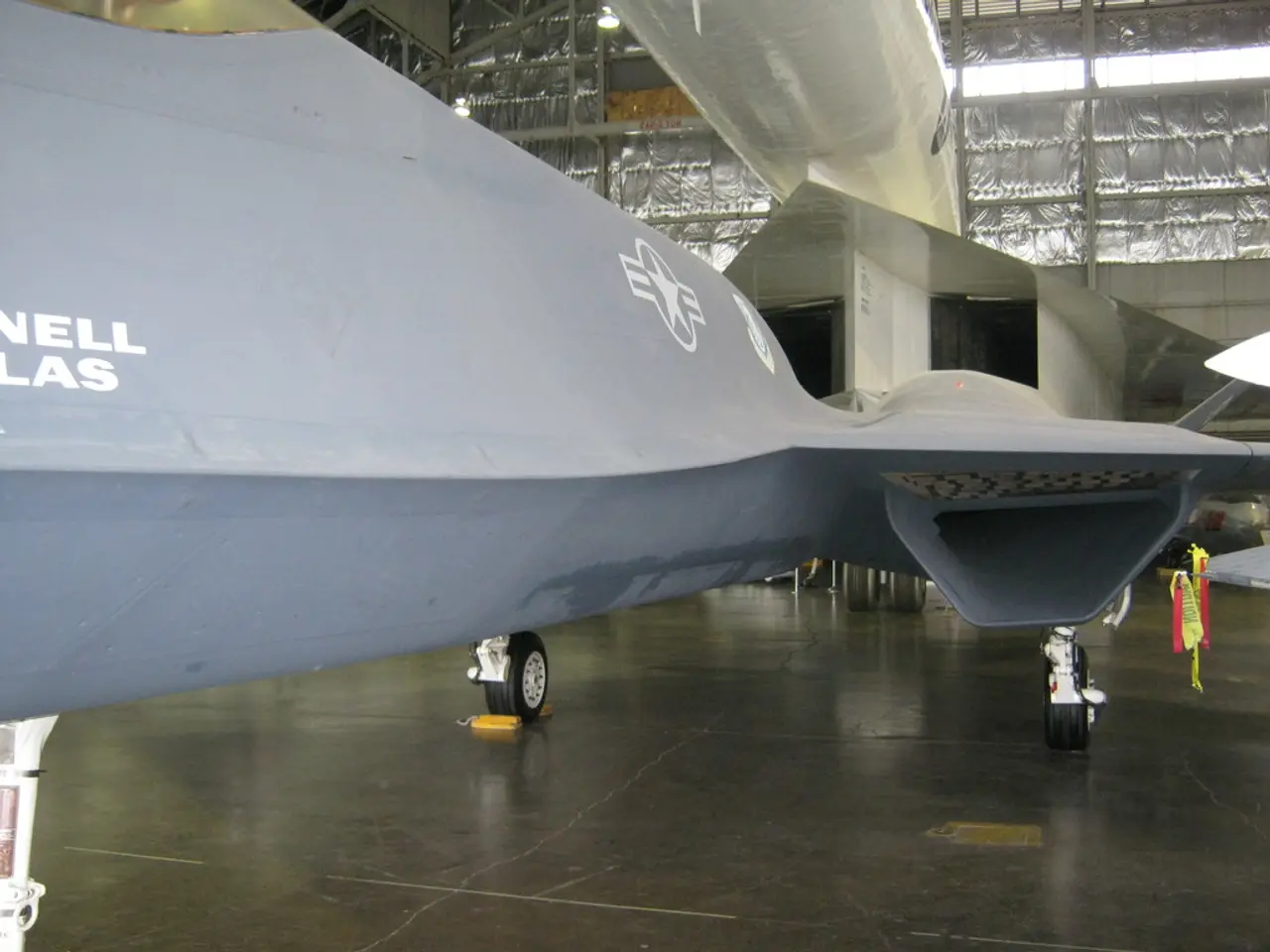Prepare for potential turbulence: Essential steps to take when your Air Canada flight is abruptly grounded
After a tumultuous week, the strike by Air Canada flight attendants, which had disrupted travel plans for hundreds of thousands of people, has come to an end. The Canada Industrial Relations Board (CIRB) mediated an agreement between the airline and the Canadian Union of Public Employees (CUPE), representing the flight attendants, on August 19, 2025.
The strike, which threatened to impact about 130,000 people daily, had led to the cancellation of almost all flights starting Saturday. The main point of disagreement in contract talks was the issue of pay raises and unpaid work flight attendants do when planes aren't in the air.
Air Canada had initially suspended its schedule and attempted to get passengers booked with other airlines to limit disruptions. United Airlines, a Star Alliance partner, was among those offering to help stranded passengers in various Canadian cities. Passengers whose travel was impacted were eligible to request a full refund on the airline's website or mobile app.
The union had rejected a proposal from Air Canada to enter a binding arbitration process and given a 72-hour strike notice. They were pushing for a higher first-year raise due to inflation and insisting on being paid for the time they're on the ground during the boarding process.
Air Canada's latest offer included a 38% increase in total compensation, including benefits and pensions, over four years. However, these efforts to reach a compromise were not successful until the intervention of the CIRB.
With the strike now over, Air Canada and Air Canada Rouge can gradually resume operations from August 19. Flight attendants immediately returned to work after the settlement, allowing the airlines to restart service, which had been grounded since August 16.
However, a full resumption of Air Canada's regular schedule is expected to take seven to ten days, as the airline works to reposition aircraft and crew and stabilize its schedule. Air Canada has expanded reimbursement policies for affected travelers between August 15 and 23, including hotel and meal expenses, and encourages customers to use its online rebooking tools and app.
Despite the disruptions, the airline is actively collaborating with partner airlines to secure additional capacity and assist passengers in rebooking their travel plans. Passengers are advised to check their flight status regularly and to be patient during this transition period.
[1] CBC News. (2025, August 19). Air Canada flight attendants' strike ends with mediated agreement. Retrieved from https://www.cbc.ca/news/business/air-canada-flight-attendants-strike-ends-1.6187082
[2] Global News. (2025, August 19). Air Canada flight attendants' strike ends after CIRB intervention. Retrieved from https://globalnews.ca/news/8756969/air-canada-flight-attendants-strike-ends-mediation/
[3] National Post. (2025, August 19). Air Canada flight attendants' strike ends after CIRB intervention. Retrieved from https://nationalpost.com/news/canada/air-canada-flight-attendants-strike-ends-after-cirb-intervention
[4] Toronto Star. (2025, August 19). Air Canada flight attendants' strike ends with mediated agreement. Retrieved from https://www.thestar.com/business/2025/08/19/air-canada-flight-attendants-strike-ends-with-mediated-agreement.html
- The end of the Air Canada flight attendants' strike, as a result of mediation by the Canada Industrial Relations Board (CIRB), is expected to provide relief to the airline's business operations and potentially improve flight attendants' lifestyle, as the dispute over pay raises and unpaid work was the main point of disagreement.
- As travel plans for hundreds of thousands of people were disrupted during the Air Canada flight attendants' strike, the resolution of the conflict could lead to a resurgence in travel activity, benefiting various aspects of the lifestyle industry, particularly the hospitality sector.




